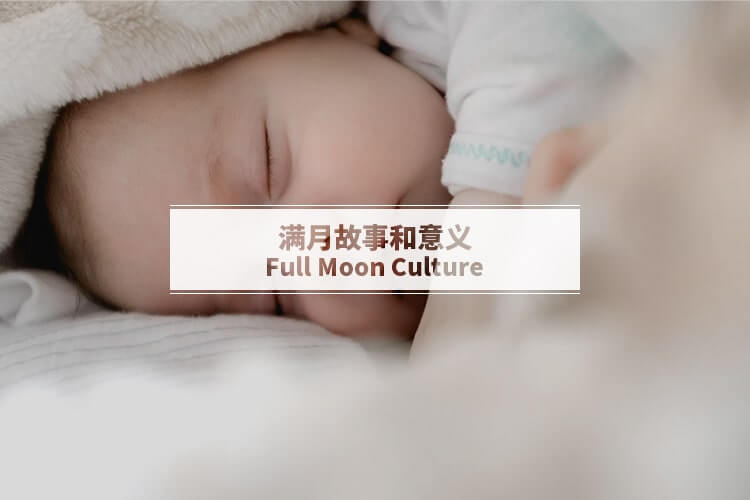(新手爸爸妈妈需知 What Newbie Parents Should Know)
宝宝出生满一个月,叫做“满月”或“弥月”。在华人的传统习俗中,这一天非常重要,也会进行一些仪式以感谢神明,与亲人朋友们分享喜悦,以及祝福宝宝快高长大,生活圆满等。
One month after the baby is born, it is called a full moon or full month. In the traditional Chinese customs, this day is very important which will also be performed some ceremonies to thank gods, to share joy with relatives and friends, as well as bless the baby to grow up fast, has a completed life and so on.
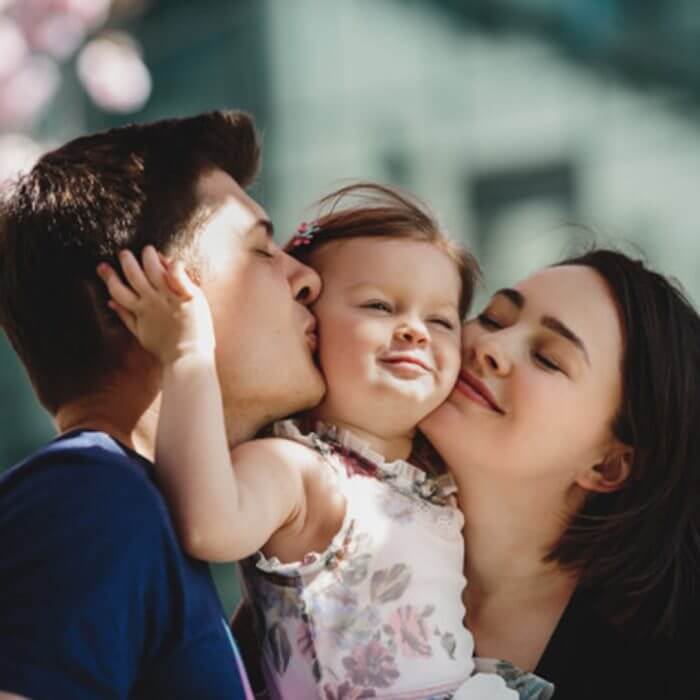
祭拜祖先 | Worship God
宝宝们健健康康地度过了满月,很多人都会祭拜祖先或感谢上帝以表感谢。
Many people would worship God and ancestors with a show of thanks for the baby has passed the full month in good health.
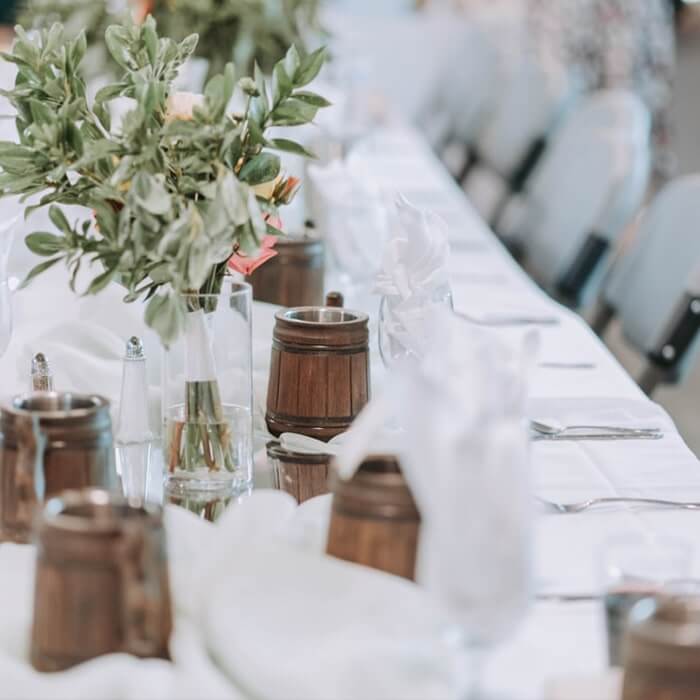
满月酒 | Full Moon Dinner
宝宝满月时,宝宝家会办“满月酒”,摆上几桌酒席,宴请亲朋好友前来祝贺。宝宝在满月当天要穿上新衣,新鞋与长辈一一见面,而亲友也会送上祝福,红包或礼物。
When the baby is full moon, the baby’s family will do “full moon dinner” to put on a few tables of dinner and ask friends and family to come to celebrate. On the full moon day, the baby will wear a new dress, new shoes and elders will meet him or her one by one, and friends and relatives will send blessings, red envelopes or gifts.
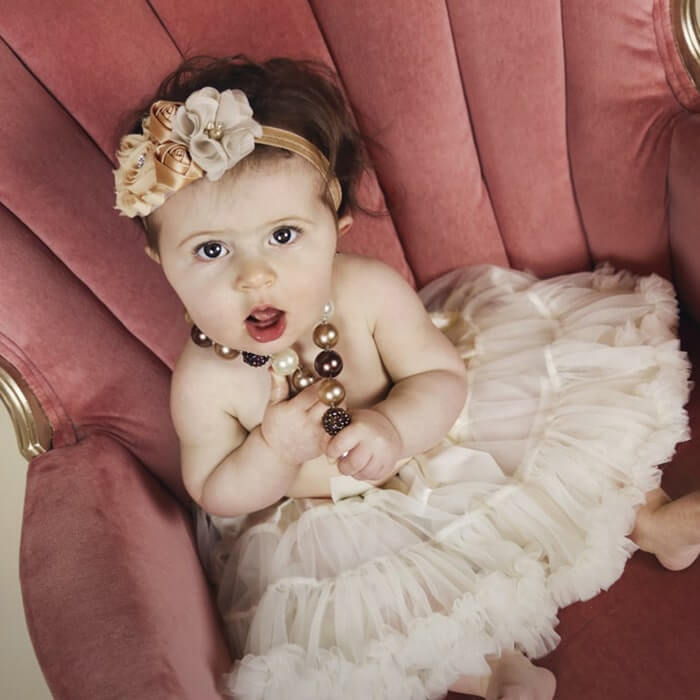
送头尾 | Send Head and Tail
宝宝满月时,外公外婆会准备从头到脚穿戴的衣物,金饰等赠与宝宝,作为满月礼盒的回礼,也祝福宝宝一生不愁吃穿。
When the baby is full moon, the grandparents will prepare clothing from head to toe, gold ornaments and other gifts to the baby as a return of full moon gift box, also bless the baby’s life without worry to eat and wear.
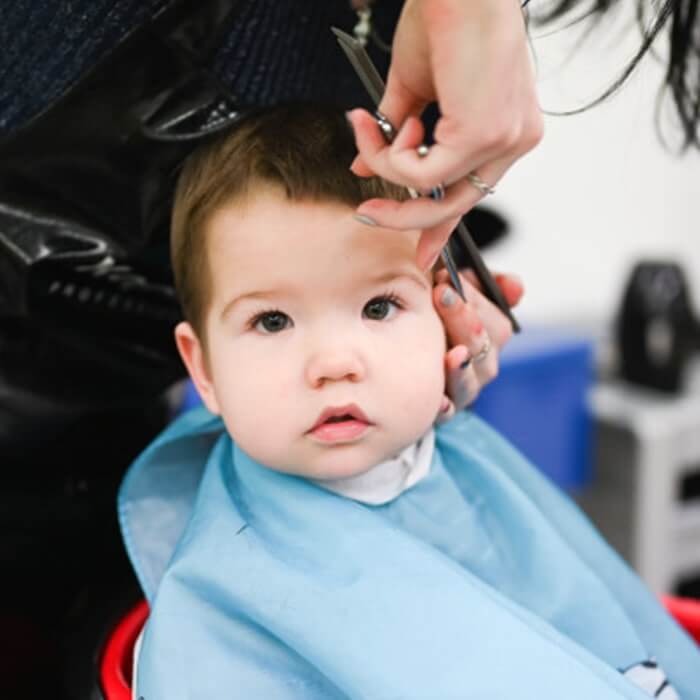
剃胎发 | Shaving Hair
意示宝宝“从头开始”,快高长大,一生幸福健康。(剃头还有个习俗,就是不能酱宝宝的头发剃光,要在头顶前中央留一块“聪明发”和后脑留一绺“撑根发”,祝愿小孩聪明伶俐、扎根长寿!)
See More...
胎毛笔:一般都会将胎发搓成小辫子,用红绸布包起来。也有人会把胎发做成胎毛笔。胎毛笔最初是皇帝用来奖慰功于朝廷的忠义学优人士;但至唐、宋时期以转变为书香门第之表征,当时文人使用胎毛笔更是蔚为风潮。相传唐代有位书生,因为家境贫穷,没钱买笔,其母就拿出他两个月时所剪下的胎毛,做成一支毛笔让他上京赴考并考中状元,因此胎毛笔又有“状元笔”、“智慧笔”的雅称。
It means to show the baby “start from zero”, grow up fast and has a lifetime of happiness and health in future. (Shaving head also has a custom which is not to shave the baby’s hair until empty. It must leave a piece of “smart hair” in the center of the head and the back of the brain as a “root hair”, wish the child smart, rooted in a long life!)
Tire brush: Generally, will be the hair into a pigtail, with red silk cloth wrapped up. Others will make a fetal hair into a hairbrush. Fetal brush was originally used by the emperor to reward the faithful scholars of the court, but to the Tang and Song dynasties to transform into the symbol of good family, when the use of fetal brush is a trend. There was s story that the Tang Dynasty has a student, because his poor family has no money to buy a pen, his mother took out his two months cut tire hair, made a brush to let him go to Beijing to test. Finally, he got the first place. So, the tire brush is also called “Zhuang Yuan pen”, “Smart pen”.
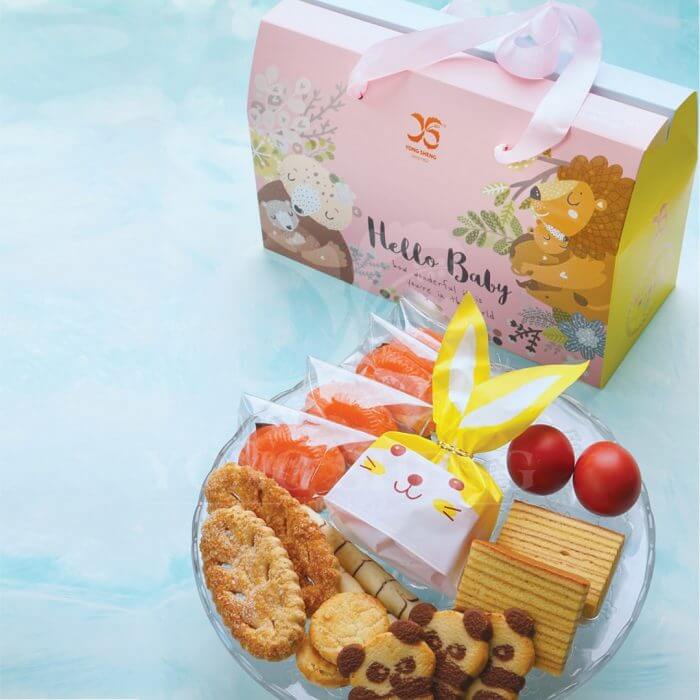
满月礼盒 | Full Moon Gift Set
以前的年代,长辈会准备油饭、红鸡蛋在宝宝满月时送给亲友。
由于现代工作繁忙,这个习俗已经较难实行,再加上油饭,红鸡蛋无法放久,所以现代父母一般都会订购满月礼盒(有中式礼饼、也有西式蛋糕)分送给亲友,分享宝宝满月的喜讯,也包含了大人们的期望。
See More...
当然收到喜讯的亲友,也会礼尚往来,回以红包或婴儿用品作为祝贺。
满月礼盒现在多为综合式,既有传统礼饼,也有西式糕点,符合现代人的口味。而礼盒外观多为可爱,或者卡通造型。
(油饭象征“繁殖,多子”的意思。红蛋象征圆圆满满,生生不息的意思。在传统中,单数有孤单之意,如送红蛋一般都以2个或4个为佳。)
Long time ago, elders would prepare oil rice and red eggs and give to relatives and friends when the baby was full moon.
Due to the busy modern life, this custom has been more difficult to implement, plus the oil rice, red eggs cannot be stored for a long time, so modern parents will generally order a full moon gift box (there are Chinese gift cakes, Western-style cakes) and give to relatives and friends to share the baby full moon happy news, and also include the expectations of adults.
Of course, those who received good news will also be courtesy to exchange red envelopes or baby supplies as a congratulations.
The Full Moon Gift Set is now mostly mixed style, with both traditional gift cakes and Western-style pastries, in line with modern tastes. The gift box appearance is mostly cute, or cartoon shaped.
(Oil rice symbolizes the meaning of “breeding, multi-son.” Red eggs symbolize round full, raw meaning. In tradition, single numbers have a lonely meaning, such as sending red eggs are generally best with 2 or 4. )
(以上资料,是荣成经过多年的经验以及整合各方资料,习惯等所提供,希望现代人更了解华人传统文化的意义和流程。资料仅供参考。不同籍贯,家族的习惯可能略有不同。)
(The above information is provided by Yong Sheng after many years of experience and the integration of information, habits, etc. We hope that modern people will be better understood the meaning and process of traditional Chinese culture. Information is for reference only. Family habits may vary slightly from different cultures.)



